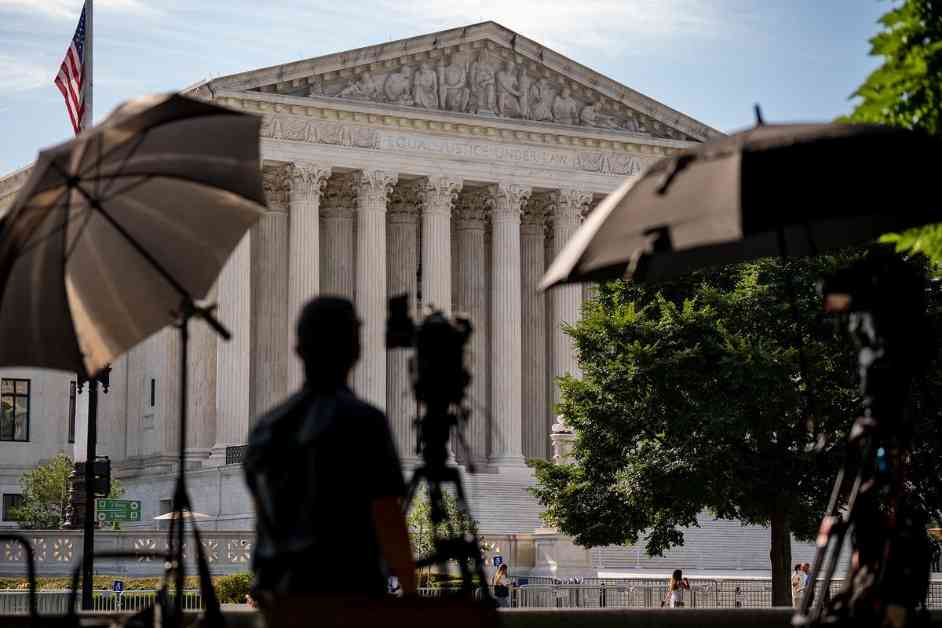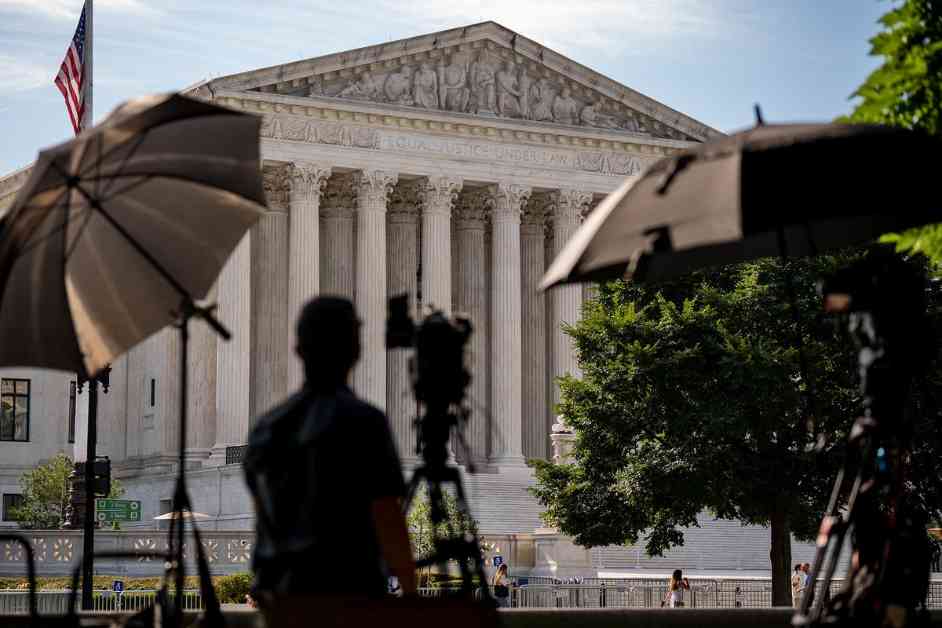The recent Supreme Court decision regarding emergency abortion care in Idaho has sparked a debate on reproductive rights and medical ethics. The ruling temporarily allows hospitals in Idaho to continue providing emergency abortions while the case moves through the lower courts. However, the decision does not provide clear guidance for pregnant people and doctors, leaving them in a difficult position.
The Court’s ruling is based on the Emergency Medical Treatment and Labor Act (EMTALA), which requires hospitals receiving federal funding to provide emergency care to stabilize patients. The Department of Justice sued Idaho, arguing that EMTALA supersedes the state’s restrictive abortion law, as pregnant people should have access to emergency care to protect their health and future fertility.
Despite this ruling, pregnant individuals in Idaho may still face challenges accessing timely care, as the decision does not fully prioritize EMTALA over state abortion bans. This uncertainty creates a dilemma for doctors who may fear legal repercussions for providing emergency abortion care. The lack of clarity in the ruling raises concerns about the health and safety of pregnant people in restrictive states.
Experts emphasize the importance of ensuring that all pregnant individuals have access to the protections of EMTALA when facing medical emergencies. The recent Supreme Court decisions on abortion pills and emergency abortion care highlight the ongoing legal battles surrounding reproductive rights in the United States. With the Court’s previous ruling in Dobbs v. Jackson Women’s Health Organization overturning the right to abortion, the issue continues to resurface and impact the nation’s highest court.
The implications of these decisions extend beyond reproductive choice and raise questions about the fundamental principles of the American healthcare system. The expectation that individuals in need of emergency care will receive timely treatment is a cornerstone of medical ethics. The current legal landscape surrounding abortion care reflects ongoing tensions between state regulations and federal protections, leaving pregnant individuals and healthcare providers in a precarious position.
As the debate on abortion rights continues to evolve, it is crucial to consider the broader implications for public health, medical ethics, and individual autonomy. The intersection of legal, ethical, and medical considerations in cases like emergency abortion care underscores the complex and evolving nature of reproductive healthcare in the United States.




